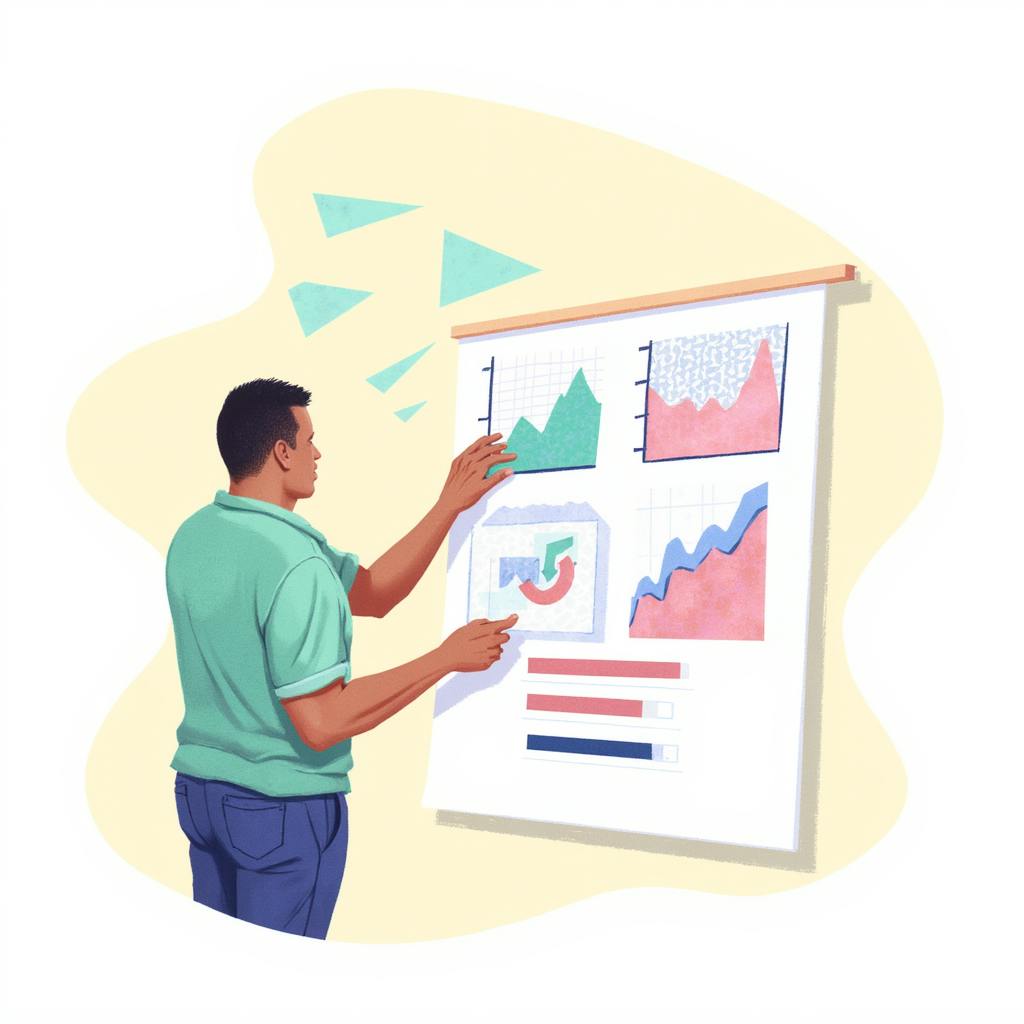Becoming a concept artist is an exciting path filled with creativity, imagination, and opportunity. For many, the first question that arises is, “How do I become a concept artist?” Understanding this journey means learning the right techniques, building a compelling portfolio, and knowing how to enter the industry with confidence. In this article, we’ll break down the who, what, when, where, why, and how of becoming a concept artist, giving you clear steps to follow and the motivation to pursue your dream career.
Who Is a Concept Artist?
A concept artist is someone who turns ideas into images. They help shape the look of video games, movies, animations, and comics. By drawing characters, places, and objects, concept artists give creative teams a clear picture of what a project will look like. Their work is often the first visual step in bringing a story to life.
What Does a Concept Artist Do?
A concept artist creates the first visual ideas for a project. These sketches and illustrations help show what characters, places, or objects might look like. They often work with directors, designers, and other artists to make sure everything fits the style and vision of the project. To do this job well, concept artists need strong drawing skills, knowledge of color and design, and experience with digital tools like Photoshop or Procreate. Teamwork is also key, as most projects involve working closely with others.
When Should You Start Your Journey?
If you want to become a concept artist, the best time to start is now. Whether you're just starting out or thinking about switching careers, it’s important to begin learning the basics—like drawing, painting, and using design software. Building these skills early will give you a head start and help you grow as the industry changes. The earlier you start practicing, the more ready you'll be when opportunities come your way.

AI made with Dean Jones
Where Do Concept Artists Work?
Concept artists can work in many creative industries. You might join a video game company, a movie studio, or an animation team. Some artists work in-house, while others freelance from home. Thanks to digital tools, you can work with studios across the world—even if you’re based in a small town. Whether you’re in Los Angeles or working remotely, there are plenty of opportunities.
Why Become a Concept Artist?
If you enjoy drawing, imagining new worlds, and telling stories through art, this career might be a great fit. Becoming a concept artist lets you help shape the look of games, movies, and animations. As the demand for creative content grows, more studios need artists with strong design skills and creative vision. It’s a rewarding path for anyone who wants to bring ideas to life visually.
How Do You Become a Concept Artist?
Becoming a concept artist takes time and dedication. Here are five simple steps to help you get started:
- Start Learning: You don’t need a degree, but studying art basics like drawing, color, and composition is key. Online tutorials, books, and practice can take you far.
- Master the Tools: Learn to use digital programs like Photoshop, Procreate, or Clip Studio Paint. These are the main tools used in games and animation.
- Build a Portfolio: Your portfolio should show a mix of work—characters, scenes, and object designs. Make sure it reflects your style and creative thinking.
- Join the Community: Connect with other artists online or at events. Joining forums or art groups can lead to feedback, mentorship, and even job leads.
- Look for Jobs or Freelance Work: Apply to studios that match your style. Tailor your application to fit the company’s work. Freelance projects are also a great way to build experience.
FAQ: How to Become a Concept Artist
What kind of training do I need to become a concept artist?
You don’t need a formal degree, but education can help build your skills and network. Many concept artists study fine art, illustration, or graphic design. Online classes from platforms like Schoolism or CG Master Academy are also great options. No matter how you learn, regular practice is key—study anatomy, lighting, and visual storytelling to strengthen your work.

AI made with Dean Jones
What Skills Are Needed to Become a Concept Artist?
To thrive as a concept artist, you’ll need a mix of artistic talent, technical knowledge, and communication skills:
- Artistic Skills: A strong foundation in drawing and painting is essential. You should understand composition, color theory, and perspective. These skills help you design characters, environments, props, and more.
- Technical Skills: Most concept artists use digital tools like Adobe Photoshop, Clip Studio Paint, or Procreate. Familiarity with 3D programs such as Blender, ZBrush, or Maya can also help when creating more complex scenes.
- Creative Thinking: Concept artists must be able to generate original ideas that match a project’s story and style. Good problem-solving skills are key to responding to feedback and refining your work.
- Communication: Working with teams is a big part of the job. You need to present your ideas clearly and collaborate with writers, directors, and other artists.
- Portfolio Development: Your portfolio is one of the most important tools for landing work. It should highlight your best concept art pieces and show range and consistency. Tailor it to the type of industry or studio you want to work with.
How Long Does It Take to Become a Concept Artist?
The journey to becoming a professional concept artist is different for everyone. If you’re focused and practice regularly, you might be ready in 2 to 3 years—especially with the help of courses or a degree. Others may take longer, especially if they’re learning part-time or exploring different styles and techniques.
Consistency is key. Like any creative field, learning doesn’t stop once you get a job—adapting to new tools and styles will always be part of your growth.
Can You Become a Concept Artist Without a Degree?
Yes, it’s entirely possible to build a concept art career without a formal degree. Many successful artists are self-taught. Here’s how to make that path work:
- Create a Strong Portfolio: Focus on high-quality work that shows your style, creativity, and technical skills. A solid portfolio often matters more than a diploma.
- Get Experience: Work on personal projects, freelance gigs, or community collaborations. This builds both your resume and your confidence.
- Keep Learning: Use online tutorials, take courses, and seek feedback from peers. Continuous self-study shows dedication and growth—and helps you stay up-to-date with industry tools.
Conclusion
If you've ever asked, "how do I become a concept artist?"—the answer lies in learning what the role involves, developing your creative skills, and building a strong portfolio. Whether you’re just starting or changing careers, the journey requires patience, practice, and passion. By exploring where concept artists work, why the role matters, and how to grow your abilities, you’ll be better prepared to turn your ideas into compelling visual stories. Stay consistent, stay curious, and success will follow.

